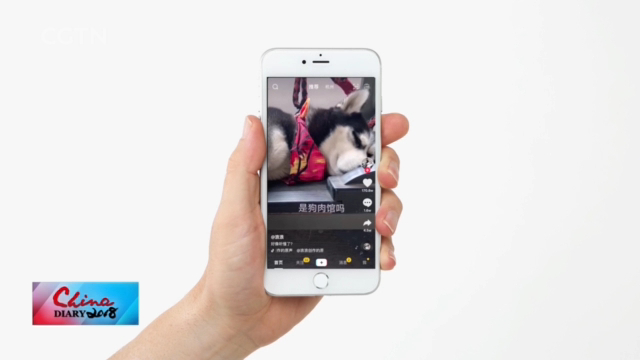
22:13, 30-Dec-2018
China's Internet Entertainment: More variety in genres and business models
Updated
21:28, 02-Jan-2019
02:19

As 2018 draws to a close, smartphones continue to dethrone TVs as the kings of media. Tastes in entertainment are changing, especially here in China. Here's CGTN's Yang Chengxi.
Li Yike remixes music for over a million fans across social media platforms. He now makes his entire living off of ads.
LI YIKE MUSICIAN "Chinese people's quality of life is getting better and better, and our demand for entertainment content is increasing. As a result, more and more creators will be happy to join the industry and the content itself will be valued a lot more."
China's entertainment industry grew 32 percent last year. Internet-based content continued to outpace that of traditional media.
YANG CHENGXI SHANGHAI "Reports suggest that fewer Chinese teenagers are watching TV for entertainment. About 60 percent of them today have their own smartphones, and they're watching more and more content on mobile video platforms."
In 2018, one of Li's music remixes went viral on Tik Tok, one of China's most popular mobile video-sharing platforms. Add to that, it was a breakthrough year for the app, which now boasts 500 million users. Some of Li's other internet celebrity peers opted for something else to gain popularity: internet reality shows, which are shown exclusively on the internet, not TV. Analysts say this genre also took off in 2018.
CHEN LEI, SENIOR ANALYST CBNDATA "Up until the third quarter of 2018, there were a total of 118 reality shows made by internet platforms. These companies have been increasing their investments."
These shows target young audiences ages 18 to 29, many of whom are white-collar city dwellers.
CHEN LEI, SENIOR ANALYST CBNDATA "According to our research, this group of people respects copyrights, and has a higher tolerance toward ad and product placement."
That means they're more willing to pay for sponsored products, which analysts say is a prerequisite for an internet-based entertainment business model to mature. YCX CGTN, SHANGHAI.

SITEMAP
Copyright © 2018 CGTN. Beijing ICP prepared NO.16065310-3
Copyright © 2018 CGTN. Beijing ICP prepared NO.16065310-3